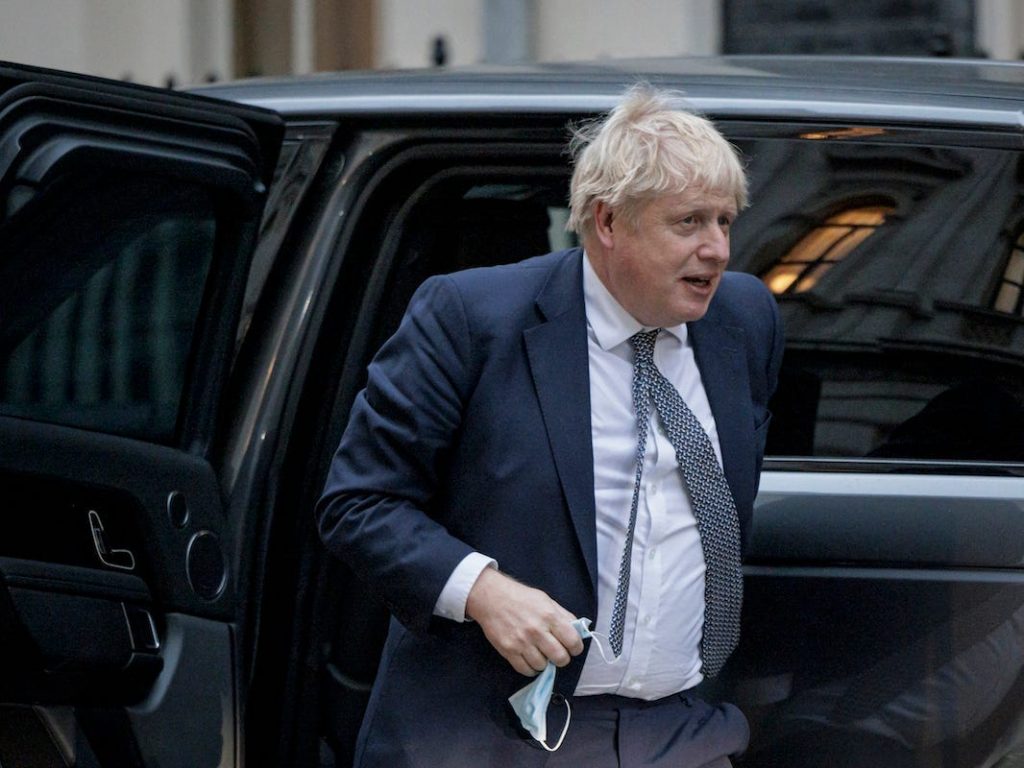- A minister admitted that Boris Johnson met the official behind a report on his lockdown-breaking.
- Simon Clarke said Johnson only wanted to know practical details, not influence the outcome.
- Labour says "people deserve to know the truth" about who called the "secret" meeting and why.
A meeting between Boris Johnson and the senior civil servant investigating so-called partygate was to discuss "the technicalities of the process", a senior minister said.
The Prime Minister is under pressure to explain who instigated the meeting between himself and Sue Gray ahead of the publication of her full report into the series of lockdown-breaking parties attended by Johnson and other government officials.
Labour deputy leader Angela Rayner has said "people deserve to know the truth" about why the "secret" meeting was called.
The report, which has been several weeks in the making, is likely to be published this week, several outlets reported, after the Metropolitan Police ended a police investigation into the matter.
Johnson received one fine for attending a birthday party in his honour. His wife Carrie and Chancellor Rishi Sunak were also fined oer the same event.
In total, 126 fines were handed out for the incidents which took place in Downing Street and Whitehall.
Simon Clarke, chief secretary to the Treasury, told Sky News on Monday that Gray and Johnson met to discuss logistical issues such who might be named in the report and whether photographs would be released.
"There are lots of practical questions here that need to be bottomed out in terms of, for example, who can be named in this report and the extent to which photographic evidence can be included. It is important that those practical dimensions are resolved," Clarke said.
"The question of whether any of them are named in this report, the question of what evidence is included within it, are not straightforward here, and are genuinely sensitive for people's lives and careers and public profiles.
"I do not think that this meeting was anything other than a discussion of technicalities of the process. It would be genuinely wrong to impugn that there has been any pressure put on the nature of this report, in any way."
Clarke went on to defend those who were found to have broken the law.
"I think we also need to remember, without excusing what happened, but by way of context, the extraordinary pressure that group of people were under during the course of the pandemic," he said.
"They were working the longest imaginable hours under the most enormous amount of pressure. That in no way diminishes the seriousness of what happened, but it does provide some context."
